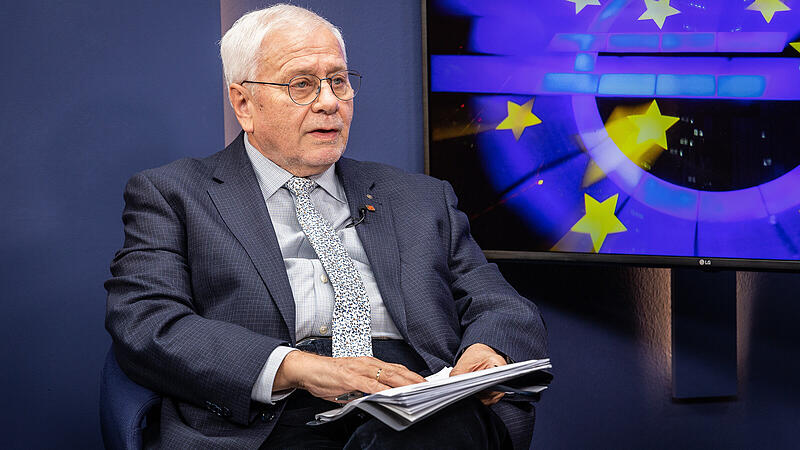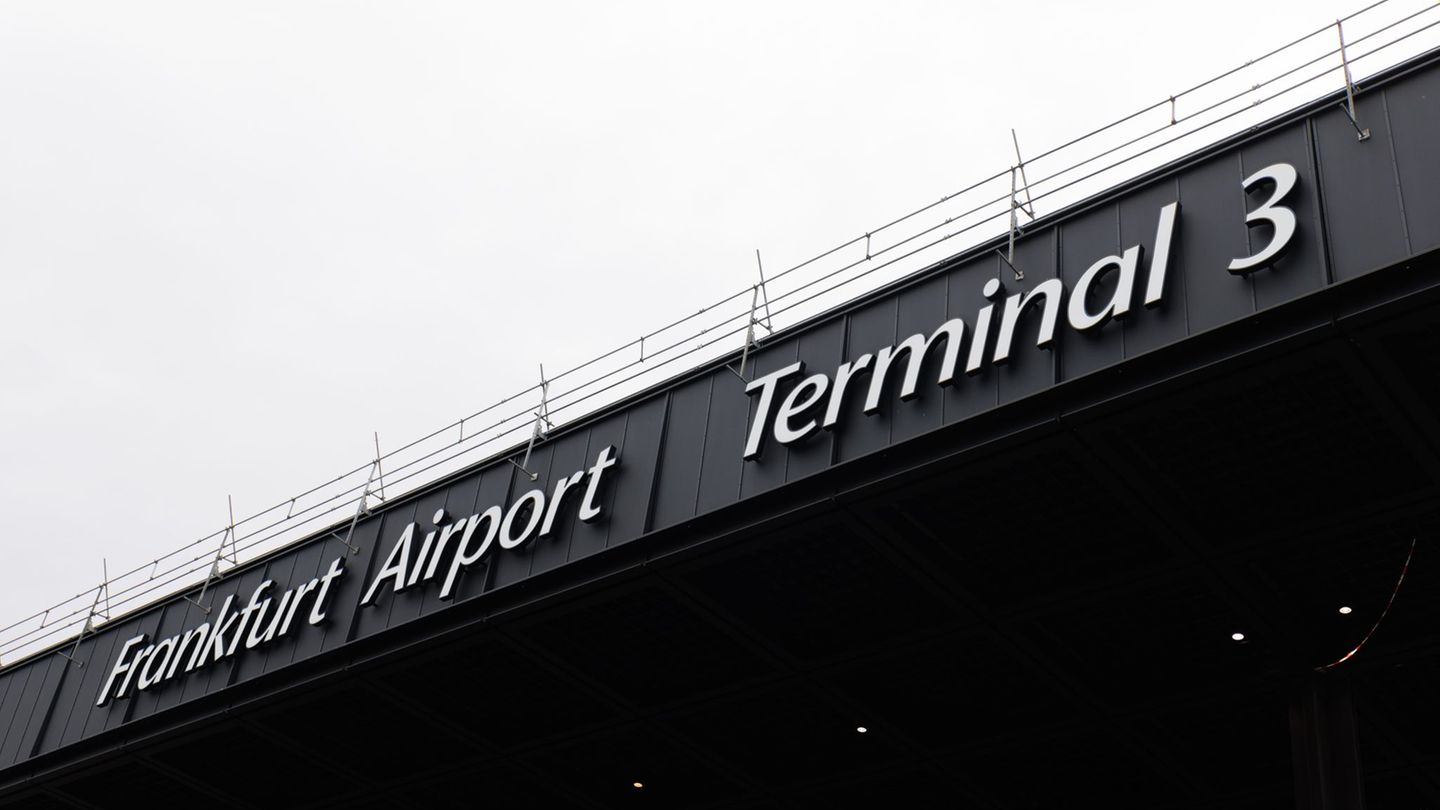Applied to Austria as a whole, he comes up with a “rough estimate” of a GDP decline of 6 percent and 130,000 additional unemployed, EU-wide a 1 to 2 percent decline in GDP and 1.5 million jobs lost.
It was “by far the most difficult study in 40 years,” Schneider said at the presentation on Wednesday, adding that there were many imponderables. The assumption of the economist: At the beginning of July, no more gas will flow from Russia and of the 21.51 TWh obtained from gas so far, 15.71 TWh will be lost. Based on a German study, he assumes that the natural gas-intensive industry can replace natural gas with alternative energy sources in around a fifth of its production processes. Based on this, Schneider calculated an optimistic and a pessimistic variant for the 12 months following the gas stop. Which scenario is more likely cannot be estimated at the moment, he said. Whether it is an embargo by the EU or a delivery stop by Russia would make no difference in the effects.
Pessimistic and optimistic variants
In his “pessimistic variant,” Schneider assumes that a maximum of one tenth of the outage can be replaced by storage reserves and that hardly any gas can be bought from abroad, and that private households will not make any savings. All in all, 58 percent of the gas needed in Upper Austria for industry, commerce and private households would then be lost. According to Schneider’s calculations, the result would be a drop in GDP of 6.5 percentage points, based on the figures for 2020 this would mean a drop from 65.24 to 61 billion euros. 56,000 people – almost 12 percent of those employed – would lose their jobs.


In his “optimistic variant”, Schneider assumes that about 30 percent of the gas failure can be substituted by own stocks or purchases, and that private households save 10 percent. This means that “only” 23 percent of the required quantity would be missing. According to Schneider, this would result in a GDP decline of 3.41 percentage points – compared to the 2020 base by 2.22 billion to 63.02 billion euros. 31,620 people (6.27 percent of employees) would lose their jobs.
Difficult to apply the figures to Austria
In both scenarios, around 51 percent of the decline in GDP would be at the expense of industry, manufacturing, construction, energy supply and trade, maintenance and repair of vehicles. 47 percent of the additional unemployment would affect industry, trade and crafts, 53 percent would be distributed relatively evenly across the retail, banking and insurance, transport and traffic, tourism and information sectors. It cannot be assumed that the labor shortage could at least partially compensate for the loss of jobs. Schneider advocates using the instrument of short-time work again.
According to Schneider, it is difficult to apply the numbers to the whole of Austria. Styria is most comparable to Upper Austria. There are also big differences between the EU countries, some would probably not be affected by an embargo or delivery stop, others could go into recession with a GDP loss of 6 to 8 percent.
Schneider is critical of a gas embargo. It would have “little effect on Vladimir Putin’s war chest,” he expects, because it would result in a price hike with which Russia would “easily” make up for the lower supply volumes. IWS Managing Director Gottfried Kneifel is also clearly opposed to an EU gas embargo and misses instructions from the federal government for citizens on how to save energy. IWS President Christoph Leitl has asked “the representative of Upper Austria’s economy in the EU Parliament”, MEP Angela Winzig (ÖVP), to “act there to promote awareness”.
Source: Nachrichten




